How can diet naturally optimize testosterone & boost performance?
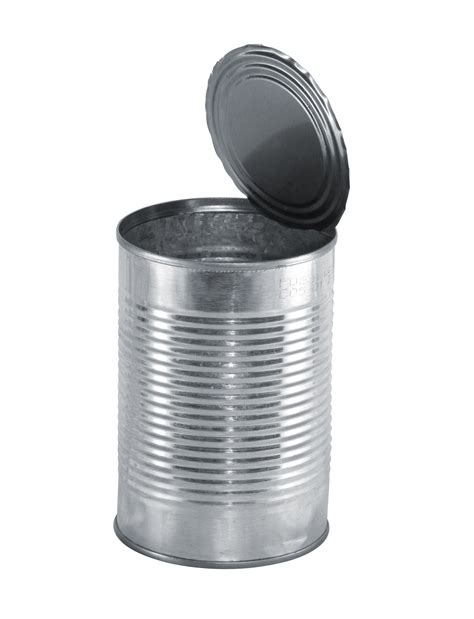
Testosterone, often hailed as the king of hormones, plays a pivotal role in men’s health, influencing everything from muscle mass and bone density to mood, energy levels, and libido. While synthetic interventions exist, many men are seeking natural, sustainable ways to support their hormonal health. The good news is that your diet is an incredibly powerful tool in this pursuit, offering a pathway to naturally optimize testosterone and, in turn, boost overall performance.
The Foundational Nutrients for Testosterone Production
Optimal testosterone synthesis relies on a steady supply of specific micronutrients. Deficiencies in these key players can directly hinder your body’s ability to produce this vital hormone.

Zinc and Magnesium: The Mineral Powerhouses
Zinc is critical for testosterone production and plays a significant role in various enzymatic reactions, including those involved in hormone regulation. Foods rich in zinc include oysters, red meat, poultry, beans, nuts, and whole grains. Magnesium, another vital mineral, contributes to free testosterone levels by reducing its binding to sex hormone-binding globulin (SHBG). Incorporate leafy green vegetables, nuts, seeds, legumes, and dark chocolate into your diet for adequate magnesium.
Vitamin D: More Than Just Bone Health
Often referred to as the “sunshine vitamin,” Vitamin D is technically a steroid hormone precursor and has been strongly linked to testosterone levels. Studies show that men with sufficient Vitamin D tend to have higher testosterone. While sun exposure is the primary source, dietary sources include fatty fish (salmon, mackerel), fortified dairy products, and egg yolks.
Healthy Fats: Don’t Fear the Fat
Cholesterol, a precursor to testosterone, is derived from dietary fats. Consuming a sufficient amount of healthy fats is crucial for hormone production. Focus on monounsaturated and polyunsaturated fats found in avocados, olive oil, nuts, seeds, and fatty fish. Saturated fats from healthy sources like grass-fed meat and coconut oil can also play a role, but moderation is key.
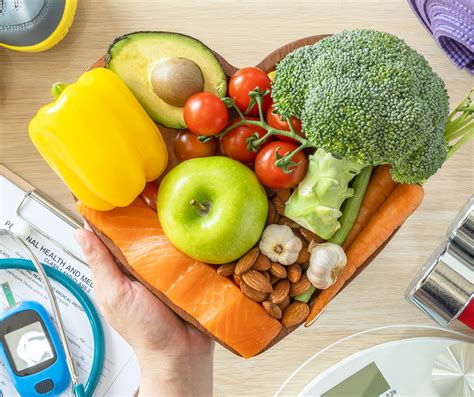
Macro Power: Protein, Carbs, and Testosterone Balance
Beyond micronutrients, the balance of your macronutrients – protein, carbohydrates, and fats – significantly impacts hormonal health and overall performance.
Adequate Protein Intake
Protein is essential for muscle repair and growth, which indirectly supports testosterone by maintaining a healthy body composition. Aim for lean protein sources like chicken breast, turkey, fish, lean beef, eggs, and plant-based proteins such as lentils and chickpeas.
Smart Carb Choices for Energy and Hormones
While extremely low-carb diets might negatively impact testosterone in some individuals, excessive refined carbohydrates can lead to insulin spikes and inflammation, both detrimental to hormonal balance. Opt for complex carbohydrates like whole grains (oats, brown rice, quinoa), fruits, and vegetables to provide sustained energy and fiber without derailing your testosterone levels.
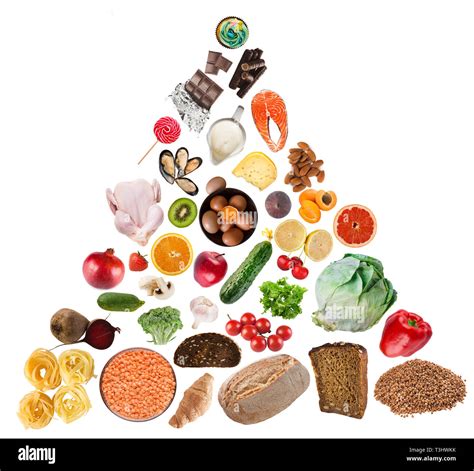
Foods to Embrace and Foods to Limit for Optimal Testosterone
Making conscious choices about what you put on your plate can have a profound effect.
Testosterone-Boosting Foods to Embrace
- Cruciferous Vegetables: Broccoli, cauliflower, Brussels sprouts, and cabbage contain compounds that help regulate estrogen levels, which can indirectly support testosterone.
- Berries and Antioxidant-Rich Fruits: These help combat oxidative stress, protecting Leydig cells in the testes, which are responsible for testosterone production.
- Garlic and Onions: Rich in allicin and quercetin, these can stimulate the production of hormones that regulate testosterone.
- Ginger: Studies suggest ginger may improve testosterone levels and sperm quality.
- Nuts and Seeds: Beyond healthy fats, many are rich in zinc, magnesium, and selenium.
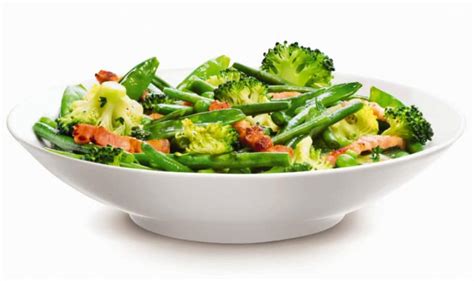
Foods to Avoid or Moderate
- Processed Foods and Sugary Drinks: These contribute to inflammation, insulin resistance, and weight gain, all of which are detrimental to testosterone.
- Excessive Alcohol: Chronic alcohol consumption can directly impact Leydig cells and increase estrogen levels.
- Soy Products (in excess): While moderate consumption is generally fine, high intake of certain soy products might have estrogenic effects in some individuals.
- Unhealthy Trans Fats: Found in many fried and processed foods, these are associated with poor health outcomes and can negatively affect hormone production.
Beyond the Plate: Lifestyle Synergies for Peak Performance
While diet is foundational, its impact is amplified when combined with other healthy lifestyle choices. Adequate sleep, managing stress, and regular exercise (especially strength training) work synergistically with your nutritional efforts to optimize testosterone and boost overall performance.
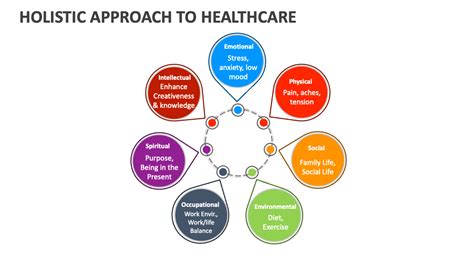
Conclusion
Optimizing testosterone through diet is not about quick fixes but about cultivating a sustainable, nutrient-dense eating pattern. By prioritizing zinc, Vitamin D, healthy fats, lean proteins, and complex carbohydrates, while limiting processed foods and unhealthy fats, you can naturally support your body’s hormonal balance. This dietary strategy, coupled with a healthy lifestyle, lays the groundwork for improved energy, enhanced muscle mass, better mood, and ultimately, a significant boost in your physical and mental performance. Embrace these dietary changes and unlock your body’s natural potential.








